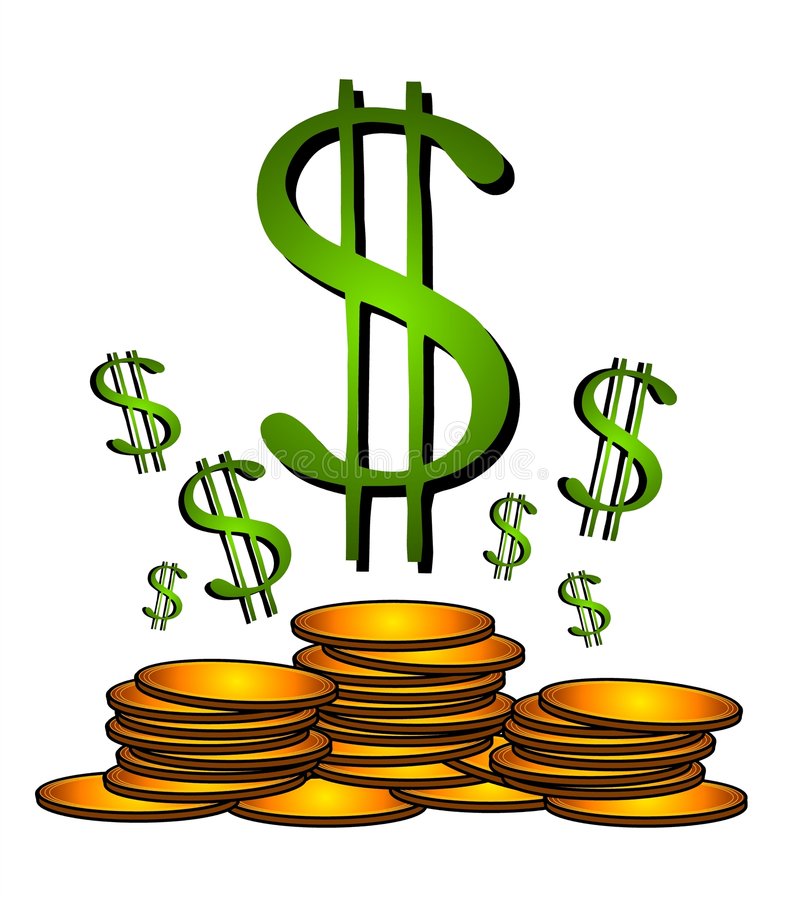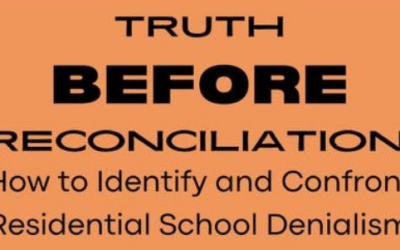Recently, a long-dead and largely unlamented tax has been rediscovered, with some new-ish fans who never really repudiated their great love for it. It is the Death Tax, or Estate Tax, which was abolished in Canada in 1971 by a Liberal government when a capital gains tax was introduced. In Canada, estates actually are already taxed: on the difference between what the securities or other assets at the time of death of the payee were valued at on the markets or by appraisal, and what they cost. Fans of the death tax ignore these capital gains, and also the taxes that were already paid on the income that went to invest in or grow (re-invest in) the assets (say, a business or farm) initially.
There is only one central justification for taxes – to finance government. All functions of government require funding of some sort. The question is then how to do it in such a way that is perceived to be fair, unoppressive, and efficient? The current approach is to use a wide variety of types of taxes, some of which may violate the first two goals and definitely violate the third, efficiency. Some such taxes, if not all, are intended to attain social goals, not merely revenue ones.
Sales taxes, Value Added Taxes (VAT aka GST) and the increasingly notorious tax on carbon dioxide – the carbon tax – are the most efficient taxes, but are considered the most regressive, as they have a disproportionately punitive effect upon lower-income households. Excise or ‘sin’ taxes target unessential goods such as tobacco, alcohol, or, now, cannabis, and sometimes sugar. They try to modify behaviour to become ‘healthier’. However, evidence for this is meagre. Fuel excise taxes punish driving to supposedly fund roads.
Payroll taxes are meant to fund pension and unemployment insurance programs, but they have the unintended effect of discouraging hiring and seeking of employment, as they increase the employment cost burden. Property taxes and property transfer fees are supposedly used to fund schools and infrastructure, but in reality, they go into a general revenue pot. In practice the property tax revenue is adjusted to meet budget needs, not the other way around.
A land tax, which some economists favour over property taxes, would likely reduce property speculation but would not necessarily reduce the artificial scarcity from restrictive zoning and permitting that reduces supply and raises prices. Wealth taxes do not exist in Canada, and are rare elsewhere in the world.
Tariffs and duties, once the main source of income for national governments, are now a very small part of the pie. It is a similar story for permit and registration fees, fines, and other government charges.
That leaves income tax, corporate and individual, as the main and least efficient source of government revenue. Individual income tax is much higher than corporate tax. According to the Canadian Taxpayers Federation, in 2014 the 8.4% of filers earning $100,000 or more paid 51.8% of all income tax. 33% of Canadians, generally earning well under $50,000, paid nothing. There are some costs that lower income households bear that are brought about by government policy via regulation. These can be alleviated by such measures as the current Canada Child Benefit and other transfers, or a negative income tax, or a credit to employers and hirees to offset the first expensive chunk of payroll taxes.
Estate taxes discourage investment and punish people who accumulate capital that helps to grow the economy and generate jobs. A quest to flatten everybody to equalize outcomes is not just mean spirited but will further exacerbate the productivity and growth problems nagging this country.



